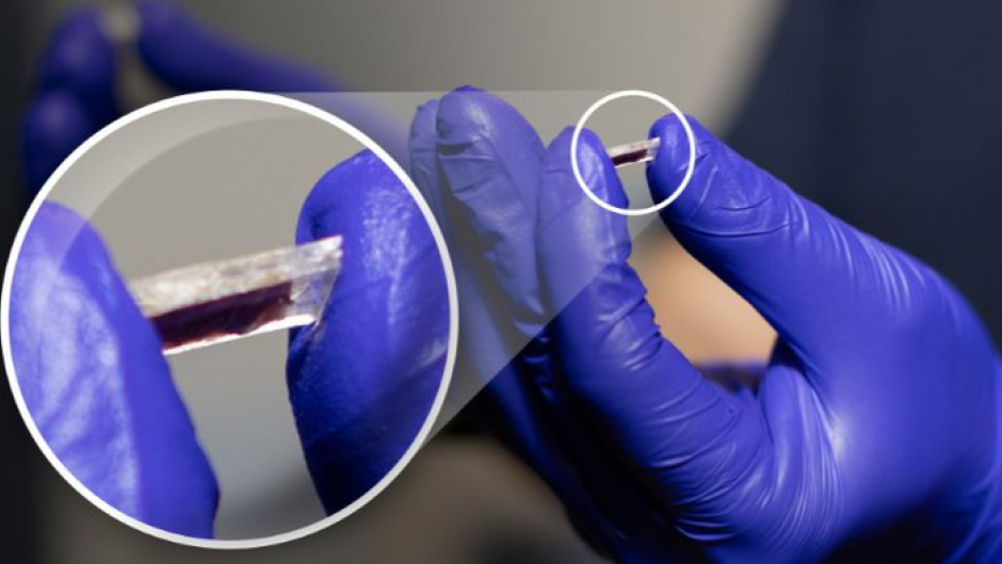New sensor works at high temperatures in extreme environments
University of Houston researchers have developed a sensor proven to work in temperatures as high as 900oC, an advance with applications in industries including aerospace, energy, transportation and defence.

In the petrochemical industry pipeline pressures must be monitored at climates ranging from hot desert heat to near arctic cold. Various nuclear reactors operate at a range of 300-1000 oC, while deep geothermal wells hold temperatures up to 600 oC.
“Highly sensitive, reliable and durable sensors that can tolerate such extreme environments are necessary for the efficiency, maintenance and integrity of these applications,” said Jae-Hyun Ryou, associate professor of mechanical engineering at UH and corresponding author of a study published in Advanced Functional Materials.
The UH research team previously developed III-N piezoelectric pressure sensor using single-crystalline Gallium Nitride (GaN thin films) for harsh-environment applications. However, the sensitivity of the sensor decreases at temperatures higher than 350 oC, which is marginally higher than those of conventional transducers made of lead zirconate titanate (PZT).
The team believed the decrease in sensitivity was due to the bandgap not being wide enough. To test the hypothesis, they developed a sensor with aluminium nitride (AlN).
Register now to continue reading
Thanks for visiting The Engineer. You’ve now reached your monthly limit of news stories. Register for free to unlock unlimited access to all of our news coverage, as well as premium content including opinion, in-depth features and special reports.
Benefits of registering
-
In-depth insights and coverage of key emerging trends
-
Unrestricted access to special reports throughout the year
-
Daily technology news delivered straight to your inbox









CCC Report Finds UK Climate Targets Still Within Reach
In 1990 67% of the UK´s electricity came from coal-fired power stations and even without renewables the transition to gas was a major contributor to...